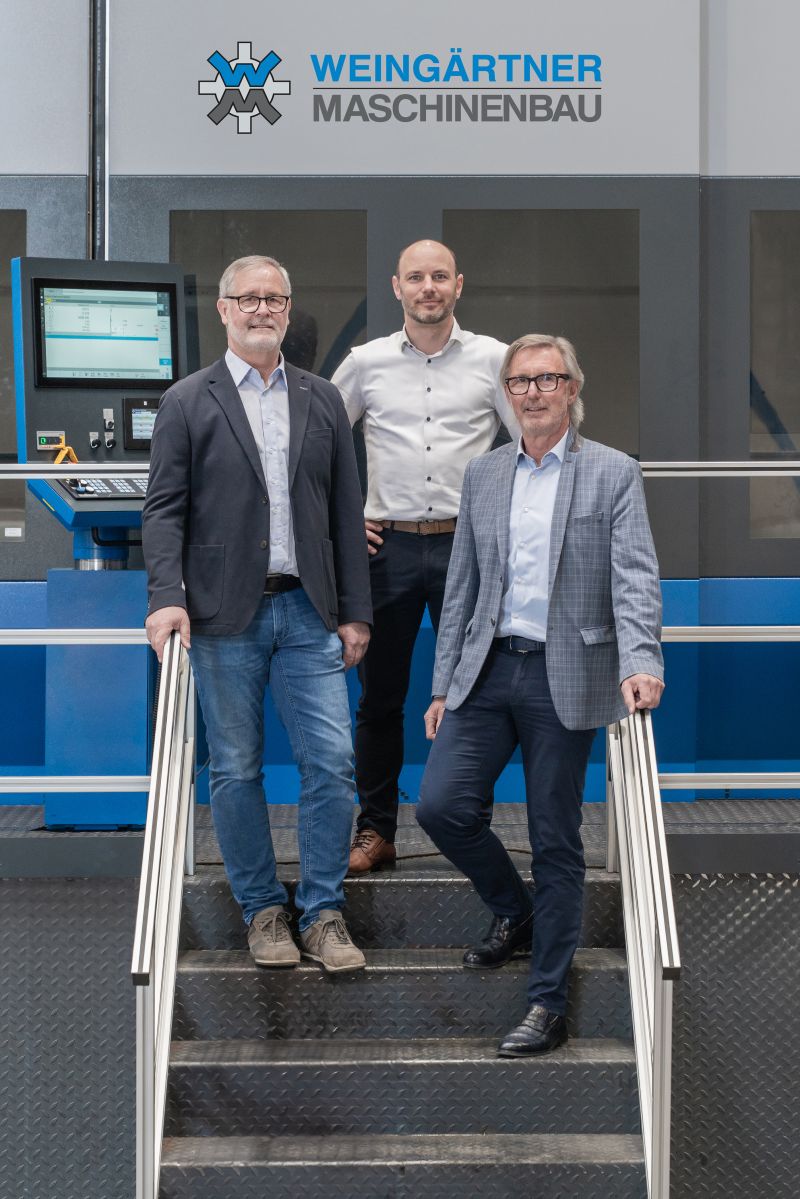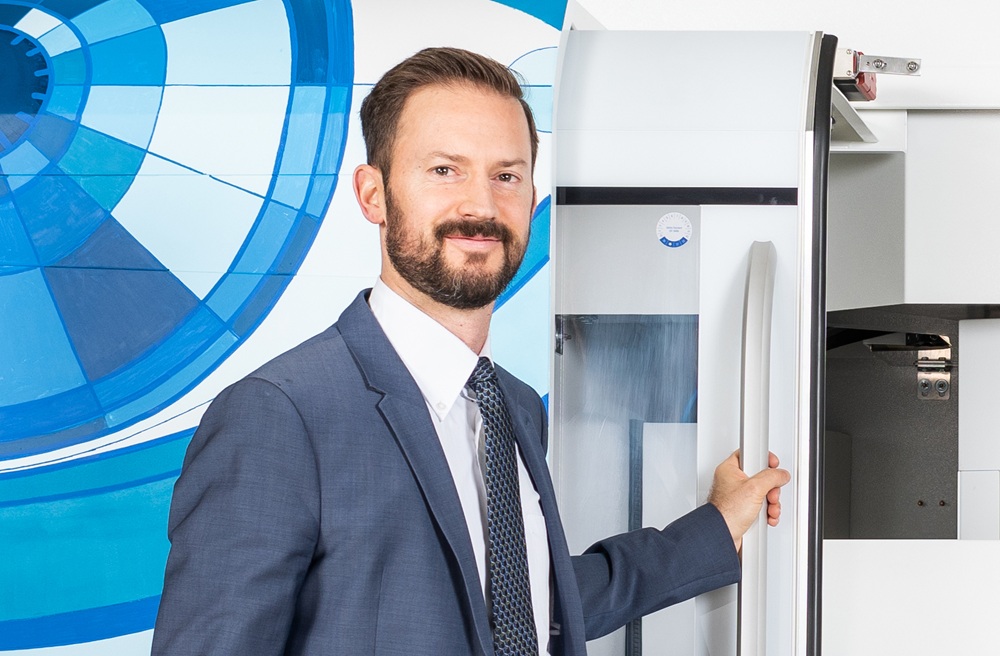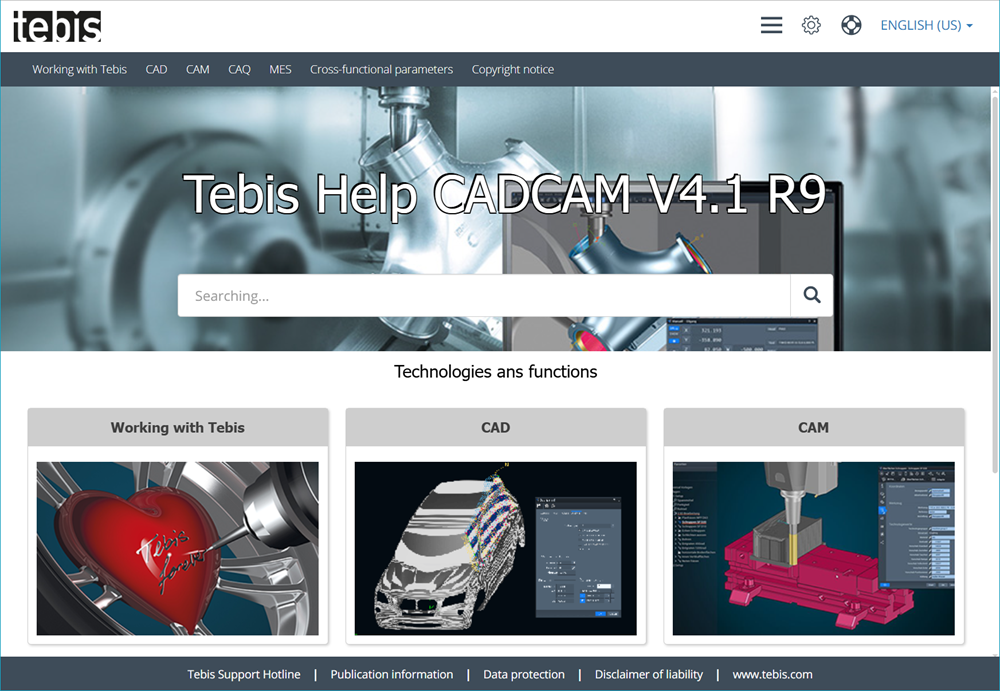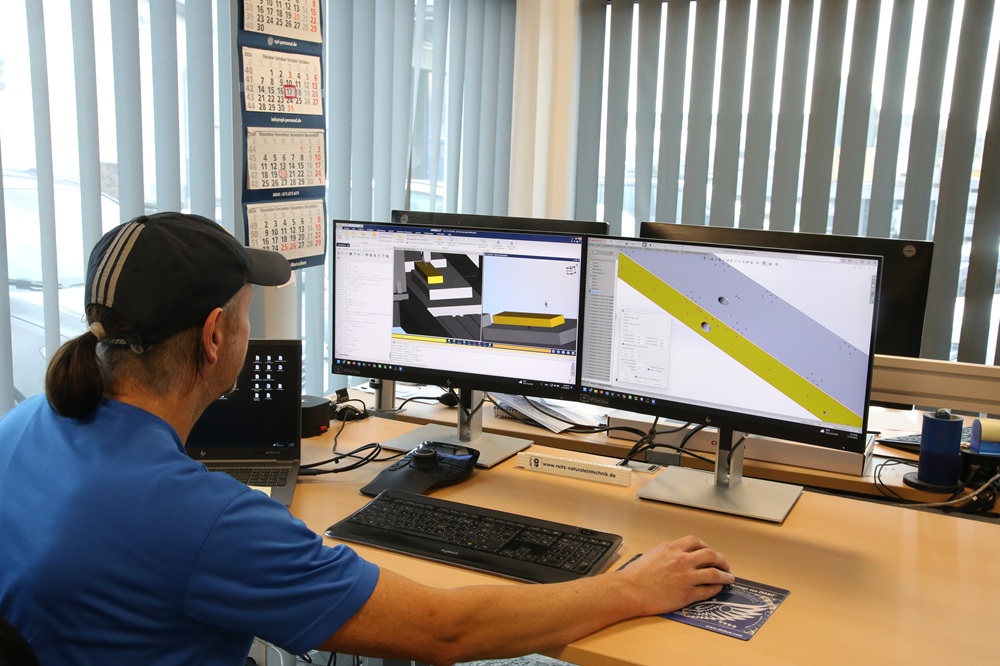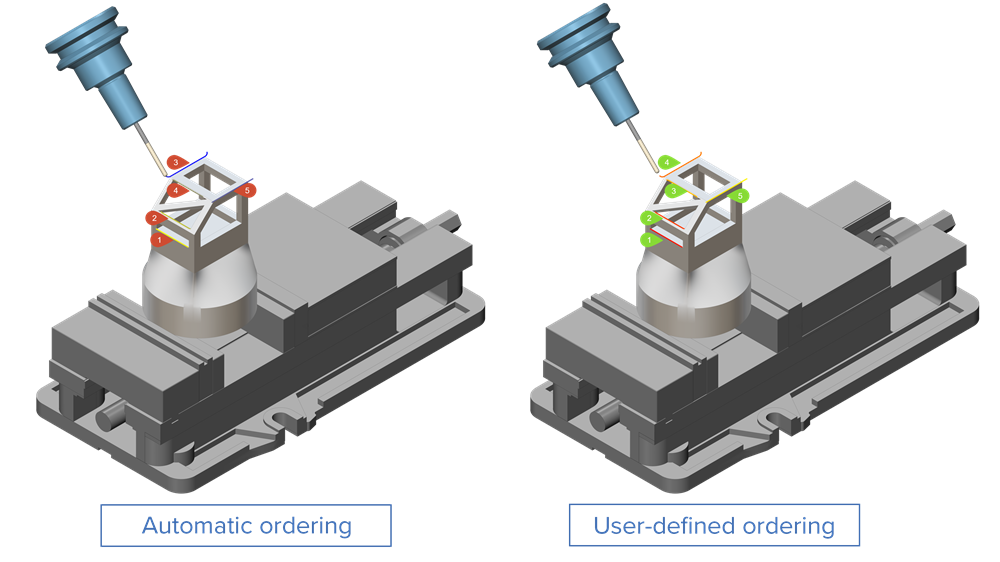Reitz Natursteintechnik KG is an expert in the planning, design and manufacturing of highly precise machine components made from granite. To ensure efficient and above all safe processing, the company takes advantage of Vericut simulation software to deliver process-reliable production and reduced workload for employees.
Christopher Reitz is the company’s fourth generation managing director. His mission? To place customer needs even more at the centre of the 140-employeee company, which serves sectors such as semiconductor, optics, general mechanical engineering, automation, metrology, printing and medical technology.
The granite workpieces vary in size up to 13 m, weighing up to 65 tonnes. Processing such blocks precisely means Reitz relies almost exclusively on machines developed and built in-house: four gantry-type milling machines and two five-axis gantry machines, all controlled by Siemens 840D. To ensure safe, fast and precise machining, the company uses Vericut simulation software.
“Granite is a natural product, so the surface is never perfectly flat,” says Reitz. “To prevent tool collisions during processing, we developed a process with Vericut that virtually eliminates this risk.”
Adds René Maschlanka, responsible for sales and project management at Reitz: “Vericut eliminates the need for manual set up, saves valuable operator time and protects our machines. Now our programmers and operators are far more relaxed – they know their programs will run safely, with no crashes.”
Some machining processes at Reitz can take over 40 hours. Previously, the operator had to stand by the entire time. Now, they run the simulation on a PC, press start and only check in occasionally.
More information www.vericut.com






